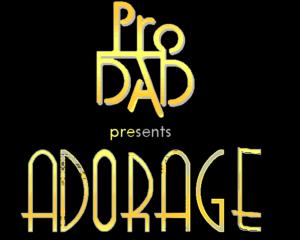Since I have nothing better to do, I looked at a thing I’ve encountered. There’s a system developed by some Japanese going by nickname “Y.SAK” that consists of compressed bitmaps (in whatever files) and scripting system using them for displaying animations (that’s .bca files) or even complex scripts (that’s .bac files, don’t confuse them) that may react on mouse, set or test variables and even invoke programs.
Of course the only part I was really interested in were those compressed bitmaps. They have 48-byte header starting with ‘CS‘ and containing author’s copyright, then the header part of DIB file follows (including palette) and finally the compressed data. Apparently there are two supported compression methods—RLE and LZSS. The latter is the familiar code used in many compressors for various things, but RLE is surprisingly interesting. Its opcode contains copy/run flag in the top bit and either 7-bit copy value or 3-bit run length plus 4-bit run value index. Maximum run length/index values mean you need to read the following byte for the real value for each. But that’s not all, note that I wrote “run value index“. There’s a table of possible run values sent before the actual compressed data and that index tells which 4-byte entry from it should be repeated for the run. Nothing revolutionary of course but still a rather curious scheme I don’t remember mentioned anywhere.
And that’s why I keep digging for this old stuff.
